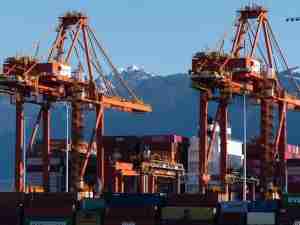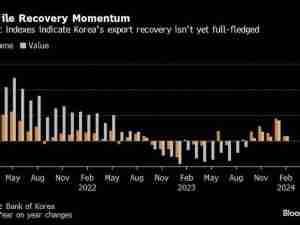Delegates to the three-day African Economic Summit in Cape Town say the gathering - the 15th to be held - has the potential to be the most successful ever as it is closely linked to the ambitious Commission for Africa being championed by UK prime minister Tony Blair. The commission calls for a radical plan to kick-start Africa, including a doubling of development aid to $50 billion a year.
Also, the summit comes just weeks before the G8 group of nations - with the UK holding the rotating presidency - meets at Gleneagles in Scotland where Africa is expected to feature strongly on the agenda.
"This is the best chance Africa has ever had as there is a convergence of interest in the continent from business and political leaders, civil society and academics," said Niall Fitzgerald, co-chairman of the summit, at its official opening.
Fitzgerald, who is chairman of Reuters Group PLC and previously headed up Unilever PLC, said forecasts of average economic growth of five percent in Africa during 2005 is attracting the attention of many multinationals to the continent.
"With a population of more than 800 million people with growing disposable incomes, it's increasingly attractive and important to do business in Africa," he said.
The Africa Economic Summit is an initiative of the Geneva-based World Economic Forum, and brings together more than 700 delegates intent on improving the economic performance of a continent wracked by corruption, mal-administration, HIV-Aids and woefully inadequate infrastructure.
Fitzgerald highlighted transport, education and health as three of the most critical areas where investment is needed.
"It costs around $1,500 to ship a car from Japan to Abidjan (a major West African port), but then another $5,000 to get the car to Addis Ababa (Ethiopia)," said Fitzgerald, citing the perilous state of the continent's internal road and transport network.
Klaus Schwab, the World Economic Forum's founder and executive chairman, said that while there is a more positive view than ever before on the "brand" of Africa, the continent's prominence on the world stage will wane next year when Russia inherits the presidency of the G8 from the UK.
"This year is a unique chance for Africa, it's a window of opportunity that will soon close," he said.
The summit's two other co-chairmen, Lazarus Zim, chief executive of Anglo American PLC's South African operations and Graham Mackay, chief executive of SABMiller PLC, stressed the need for public-private sector partnerships.
Mackay, whose company brews and distributes beer in 65 countries, said SABMiller's long-term growth record has been better in Africa than anywhere else with the perceived risks being offset by investment returns.
"If there was any more of Africa we would be investing in it," said Mackay.
But he cautioned that business cannot "go it alone" in Africa and needs the assurance of good political governance to commit investment capital.
Anglo American's Zim said it is possible to conduct business in Africa without having to pay bribes or engage in other forms of corruption.
Formerly an executive at mobile phone company MTN Group Ltd., which has operations in South Africa, Nigeria, Uganda, Rwanda and Swaziland, Zim said there are clear signs that corruption levels are falling across the continent.
"There's never been such global attention on Africa in such a structured way and business is saying it's prepared to play its role," said Zim, whose company is planning to spend $4.2 billion on African projects in the next four years.
Anglo American and its subsidiaries and associates have invested around 100 billion rand ($1=ZAR6.7800) in South Africa over the past five years.
Commenting on the New Partnership for Africa's Development (Nepad), launched four years ago with South African president Thabo Mbeki as the chief pro








